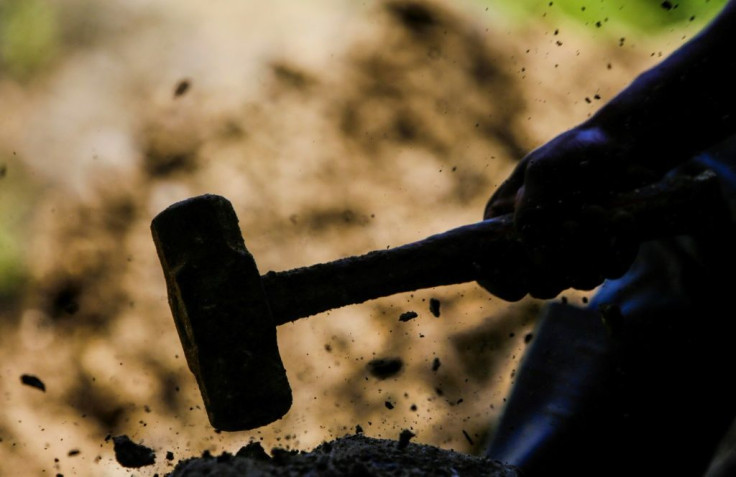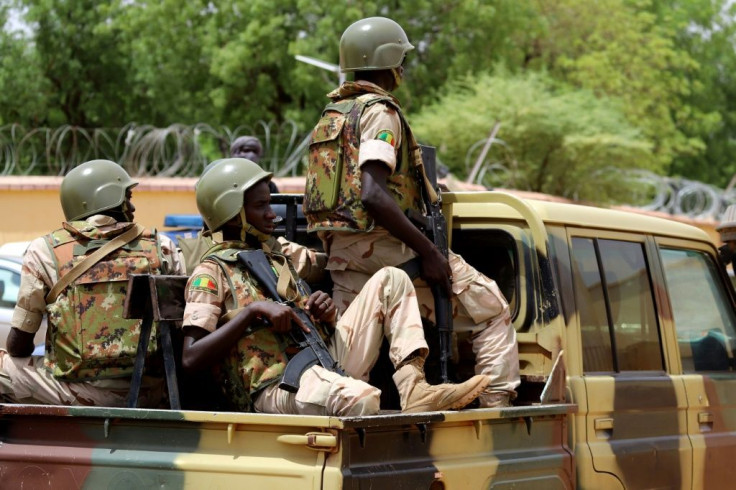Sahel Gold Boom Boosting Jihadist Coffers: ICG

Sahel gold mines are providing a new source of funding for jihadists and other armed groups and attracting recruits for them in a region where state power is weak, according to a new International Crisis Group (ICG) report published Wednesday.
In Mali, Burkina Faso and Niger, "armed groups have seized gold mining sites since 2016 in areas where states are weak or absent. Artisanal gold mining has boomed since the 2012 discovery of a Saharan vein stretching from Sudan to Mauritania," the ICG said.
Artisanal production currently accounts for almost half of overall regional output, reaching between 20 and 50 tonnes a year in Mali, between 10 and 30 in Burkina Faso and 10 to 15 tonnes in Niger, for an overall annual value of between $1.9 and $4.5 billion.
With clandestine mining offering armed groups a source of substantial cash which could attract potential recruits, the ICG warned that "if left unregulated it risks fuelling violence and reinforcing transnational crime".
Despite the presence of international peacekeepers, the region has been wracked by jihadist violence which spread from northern Mali since 2012 to other countries.
The jihadist groups use various forms of trafficking to finance their activities while their mining activities can help train their members, notably in the handling of explosives.

In the face of increased gold smuggling, the report said Saharan states should take steps to formalise artisanal gold mining through increased regulation of trade in the metal.
Local security forces were reluctant to deploy in areas where their presence might be contested and lacked the resources to deal with militias, the ICG said.
The resulting lack of security means "armed groups of all stripes can gain greater autonomy by exploiting gold resources, increasingly bypassing the state" to do lucrative trade.
Formalising artisanal mining, notably by issuing formal permits and setting up trading posts would, the ICG said, allow larger firms to industrialise sites and generate revenue for the state while also preserving some areas for informal miners.
The ICG estimates around two million people are directly involved in artisanal production -- a million in Burkina Faso, 700,000 in Mali and 300,000 in Niger, though it surmises a further three times as many are indirectly involved.
It called on regional states to tighten control over gold trading networks to reduce the risk of money laundering and funding of armed groups.
It added the supply chain could be removed from launderers' grip by paying artisanal miners at above normal market rates.
The group further urged the main importers of gold from the region -- the United Arab Emirates (specifically Dubai), Switzerland and China -- to "strengthen their legal frameworks for gold imports.".
mrb/lal/jh/cdw/ach
© Copyright AFP {{Year}}. All rights reserved.





















